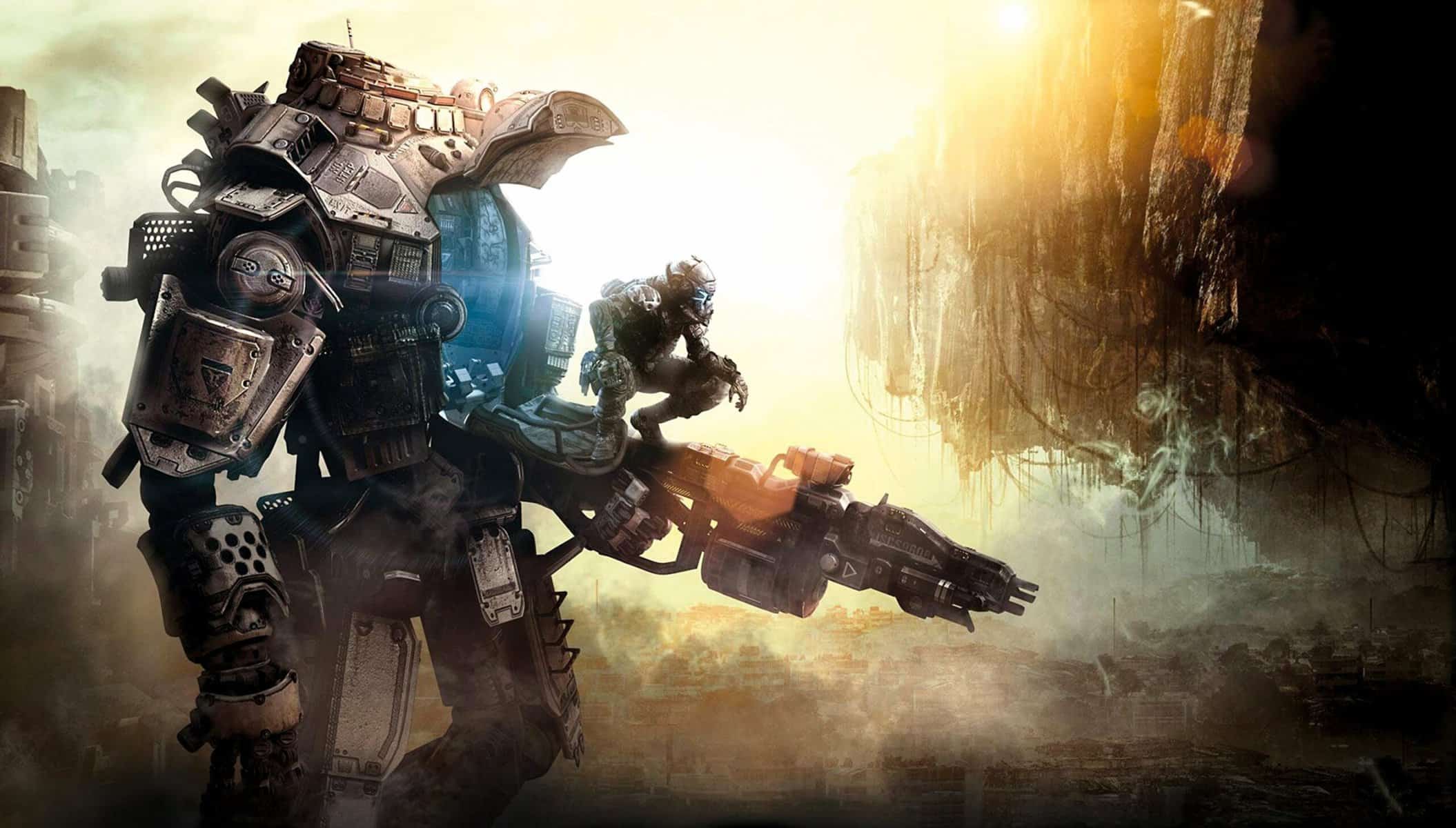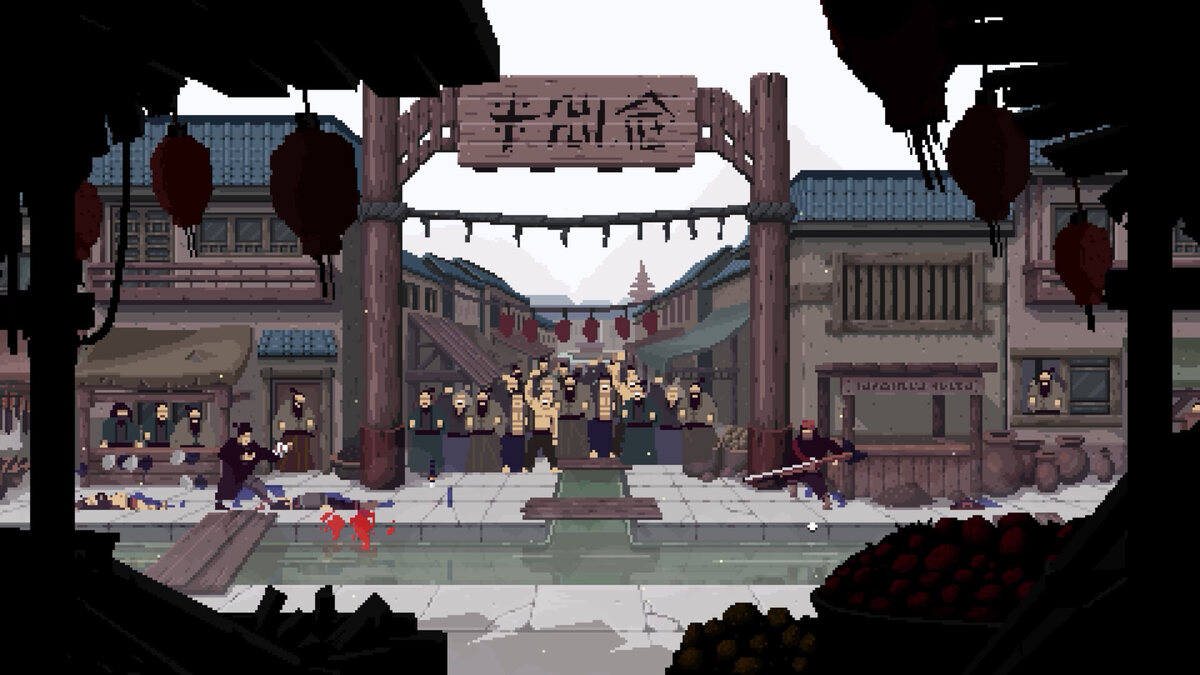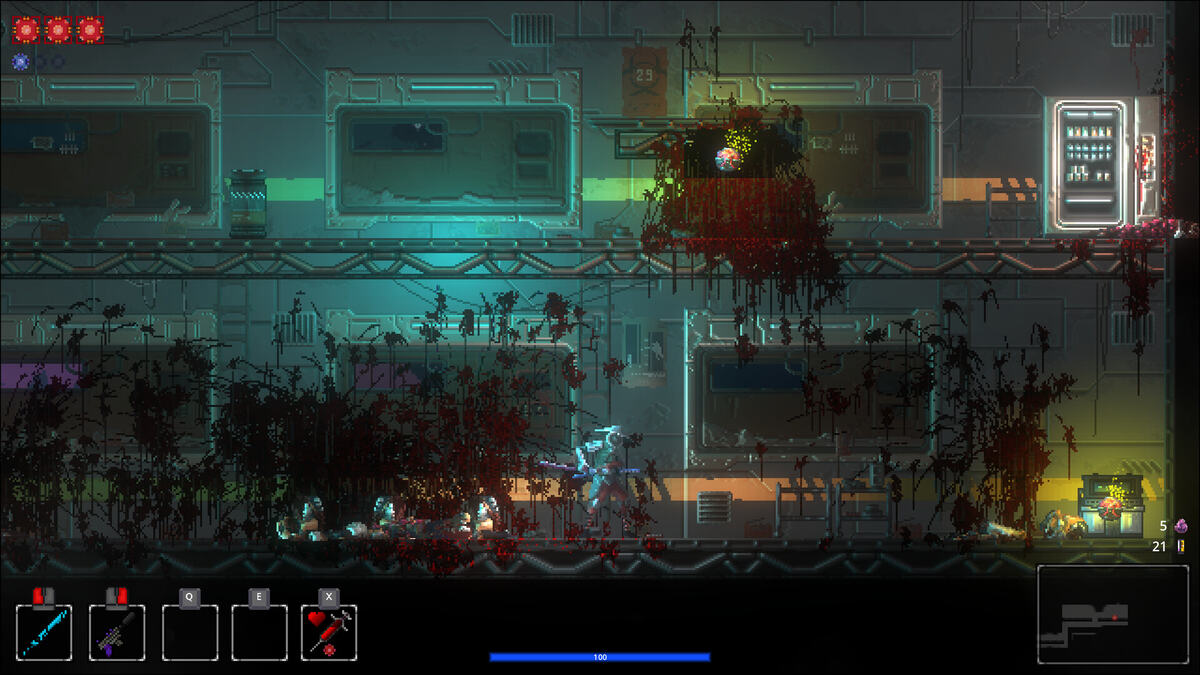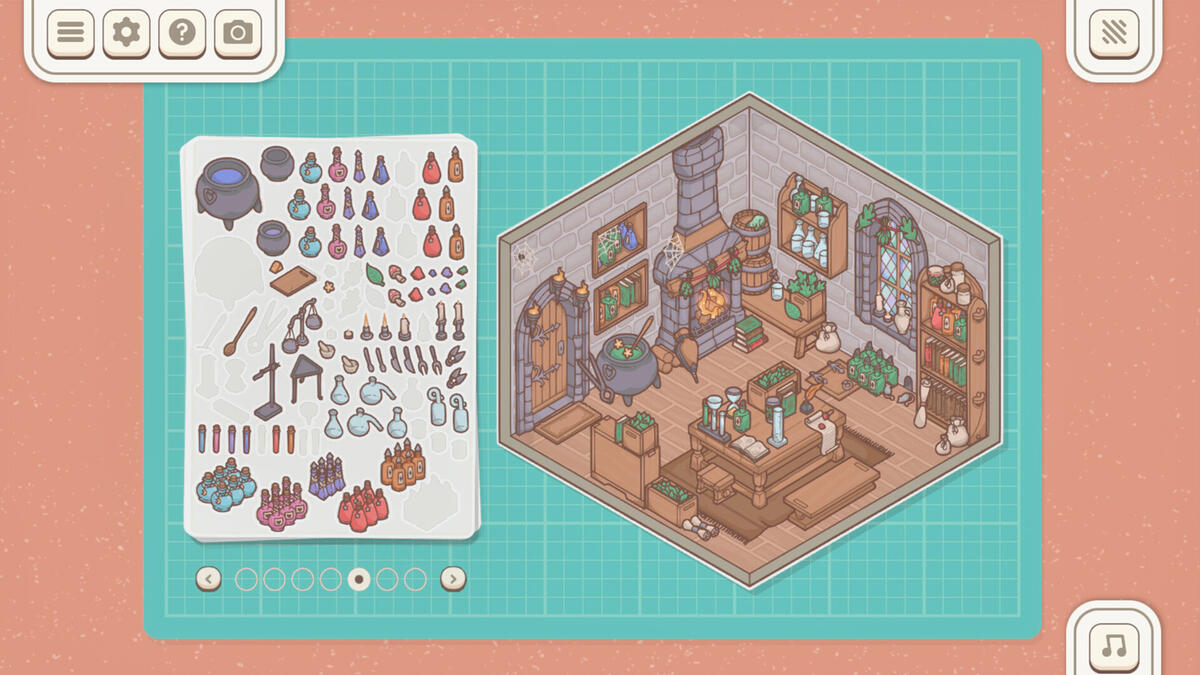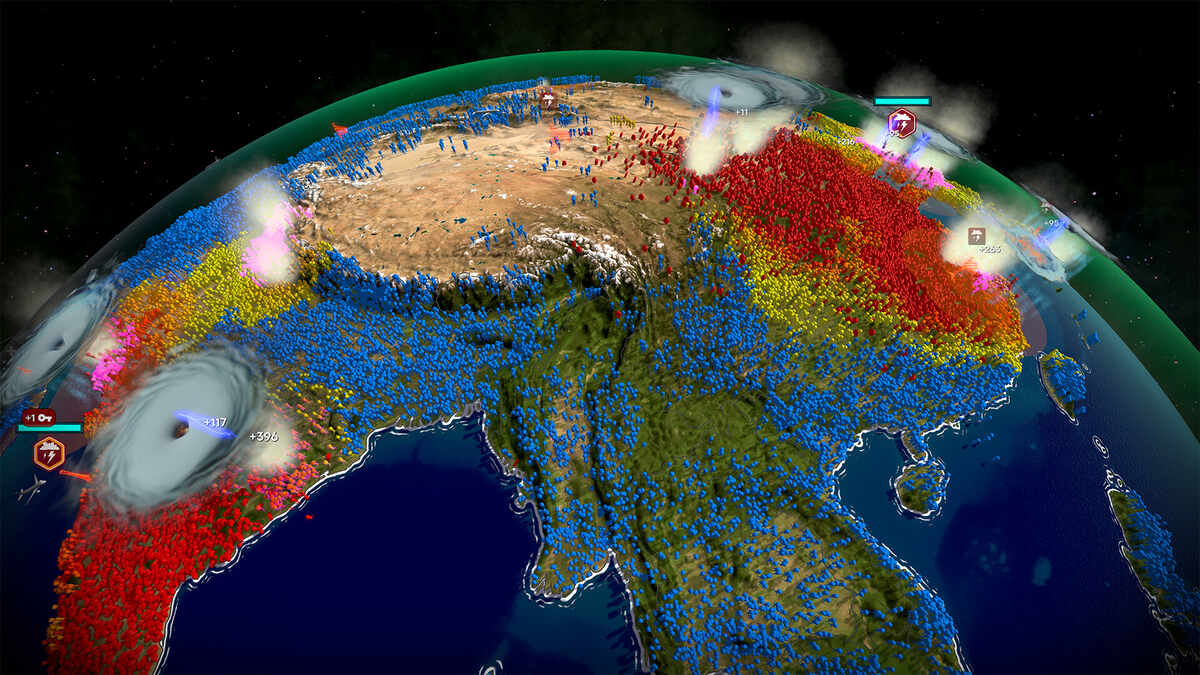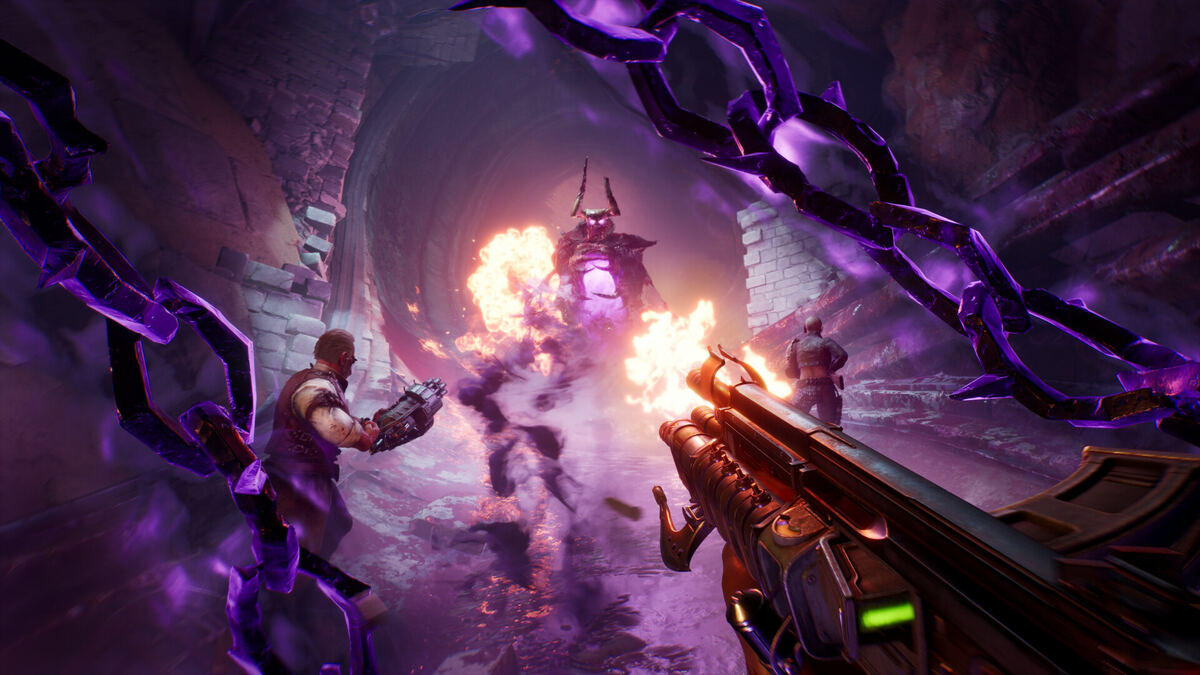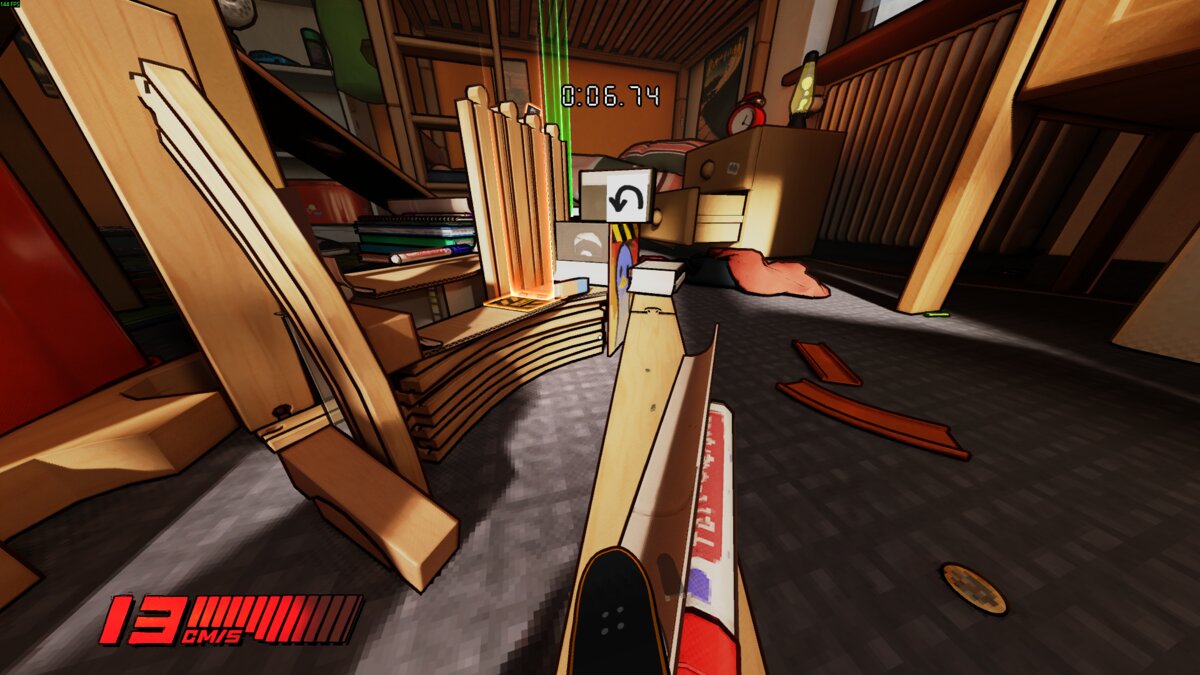You can trust VideoGamer. Our team of gaming experts spend hours testing and reviewing the latest games, to ensure you're reading the most comprehensive guide possible. Rest assured, all imagery and advice is unique and original. Check out how we test and review games here
It’s been the standard for online shooters for decades. When the match timer expires or mission parameters are met, the game will come to an abrupt close, flashing up a screen of the final scores or, if you’re really lucky, displaying a short cutscene of the loser’s base exploding in a shower of flames. Exciting? Absolutely not.
It’s an afterthought, essentially, and much like every other developer out there, I had never really considered how much of a difference experimenting with such a seemingly disposable piece of design can make. But the increased level of immersion offered by Titanfall’s Epilogues – the short, action-packed sequences that round out each multiplayer game – is another small, yet remarkable spark of genius that Respawn’s debut appears to be laden with.
Titanfall’s multiplayer is surprisingly simple to describe. It’s a seamless blend of the old and new: the fast-paced nature of Call of Duty’s twitchy online shooting moulded with new traversal mechanics and explosive juggernauts to create a familiar yet unique sci-fi shooter. Imagine the fluidity of Mirror’s Edge’s navigation with guns and mechs layered on top, and you’re partway to picturing a typical Titanfall battle.
The matches themselves are fairly typical of the genre. Kill enough men and you’ll be able to call in a bonus – in this case a Titan – and kill even more to win the game. But rather than pulling up a win or lose screen, when Titanfall’s matches come to a close, they’re really just getting started.
Once the battle is over, Respawn’s great white hope seamlessly enters into an ‘epilogue’ state, a short post-match event that sees the losing team evacuating to their dropship and the winners attempting to hunt them down. Kill anybody on the losing team and you’ll earn a considerable amount of XP.
Epilogues last a mere 30 seconds or so, but the dynamic twist to the core mechanics dramatically alters the atmosphere and mentality of the match. Temporarily dismissing the rest of the game’s smart, team-based approach, Titanfall suddenly ascends into an intense, all-or-nothing game of cat & mouse, as one team desperately seeks refuge in the dropship, while the other locks down the city to cut off their escape. Players stop what they’re doing to make a dash for the exit, the horizon aloft with jump jet infantry urgently bouncing between buildings to reach their ship, as Titans swat them from the sky. In the game I played, the losing team’s alleviation at making it to the dropship was suddenly shattered after being shot out of the sky by a squad of Titans.
“You get that dramatic finish where you’re hopping onto the dropship with one second left to go,” Respawn community manager Abbie Heppe explains, “and it’s rewarding because even if you lose, you still have a chance to score points, you have a chance to earn XP. I think adding that kind of stuff in helps players who maybe aren’t as good who just want a second chance.”
Having only played a single game of Titanfall, it’s impossible to tell whether such an ostensibly cool mechanic may soon grow tedious. But it’s moments like this that, in a sea of relatively standard first-person shooters, help elevate it above the rest of the pack.
Respawn could have easily crafted another Call of Duty clone – and in some ways it has – but Titanfall’s innovations, no matter how slight, make it one of the most exciting next-gen prospects out there. It may not have what it takes to overthrow Activision’s giant from the off, but Respawn’s behemoth could eventually have the legs to stand toe-to-toe with the rest of the genre’s titans.

